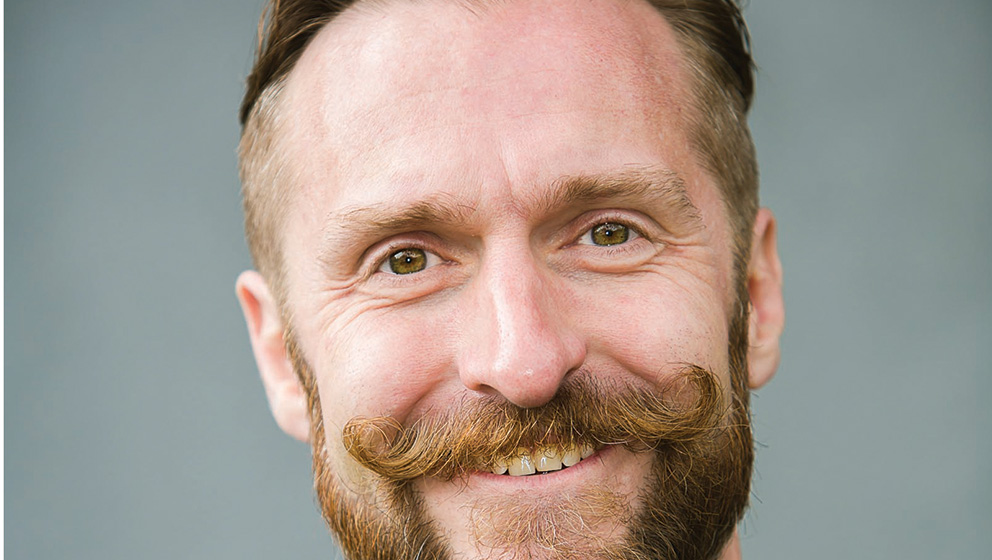Is higher ed ready for 2020? Meet the experts. Thomas Peden, World Endeavors

THOMAS PEDEN is the Founder and Executive Director of World Endeavors. He began his career in education in 1993 as a teacher and went on to start World Endeavors in 2002. World Endeavors is passionate about providing transformative professional, service, and collaborative experiences rooted in active participation in concrete learning environments. Its goal is to be the catalyst for change which leads participants to engage with the world as more empathetic and energized global citizens. Thomas comes from a long line of practitioners and problem solvers. When he’s not working, he’s trying out the latest experiential learning method with his two young sons.
How can higher education institutions encourage their students to contribute to the betterment of society?
I believe that the ultimate purpose of higher education is to make society better and, in turn, to make the world a better place. Looking back, I suppose this idea is what first drew me to pursue a career in higher education roughly 30 years ago. Through my work as a professional in the field of international education, I have come to appreciate that this is a common belief shared by many of my colleagues at institutions of higher learning around the world. Yet from institution to institution, the means by which this mission is to be achieved varies widely depending on the institution’s perceptions of itself and the needs of its community.
What I love about this question is that it acknowledges that both the institutions and the students have a role to play in making society better. Societies face a myriad of problems at every level. While there are many groups working to solve society’s problems including governmental agencies, NGOs, businesses, and social ventures, I believe institutions are uniquely suited to “produce” both solutions and problem solvers.
Institutions can teach students how to solve problems by imparting subject knowledge, teaching problem-solving strategies and helping students gain proficiency in a number of other important intellectual and practical skills. But to cultivate or encourage a desire in students to help others in society, institutions should employ experiential education methods, which integrate direct experience and guided reflection into the instructional process. The benefits of these methods are multiplied when students are given the opportunity to engage with diverse people, cultures and viewpoints locally and globally, and are exposed to problems and solutions in different contexts.
For years, Università Cattolica del Sacro Cuore has made international experiential education central to its mission. I’ve seen few other institutions as successful at creating a groundswell of student interest in experiential educational programs and at cultivating strong peer and alumni networks. Università Cattolica ensures a diverse range of students can participate in these programs by providing scholarships and grants and leverages strong partnerships with best-in-class partners and organizations in order to make the widest array of meaningful opportunities available to students.
Cattolica students who participate in international volunteer or internship programs are assigned to locally prioritized projects which aim to address problems impacting local communities. Along the way, students are exposed to diverse cultures and ideas and are given the opportunity to improve important skills such as critical thinking, adaptability, and intercultural communication. Through observation, reflection, application, and articulation of new knowledge, students are encouraged to challenge old perceptions, cultivate new perspectives, and become more capable of contributing solutions to society’s problems in the future.
Article featured on Worldbound, edition n.3-2019.

